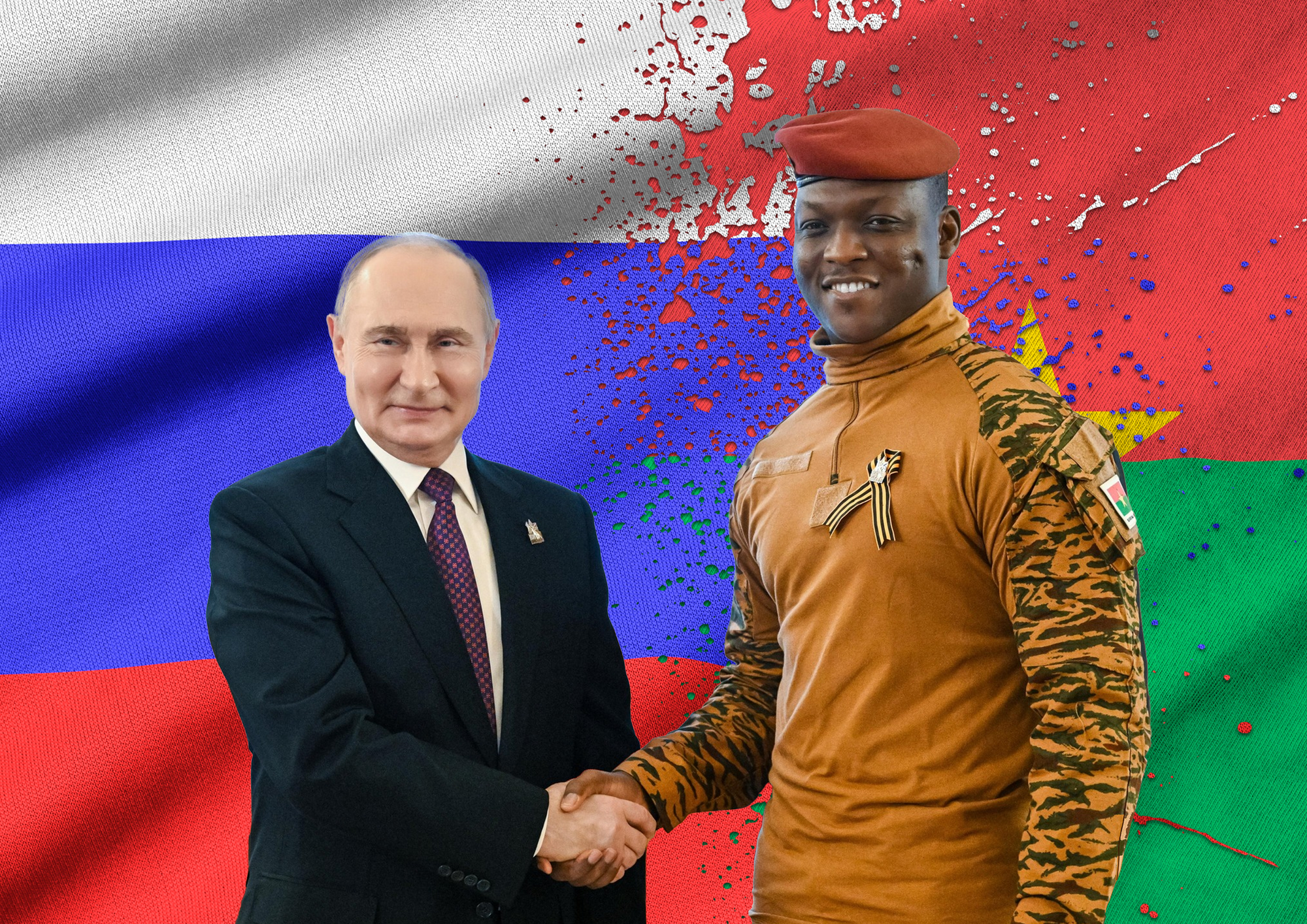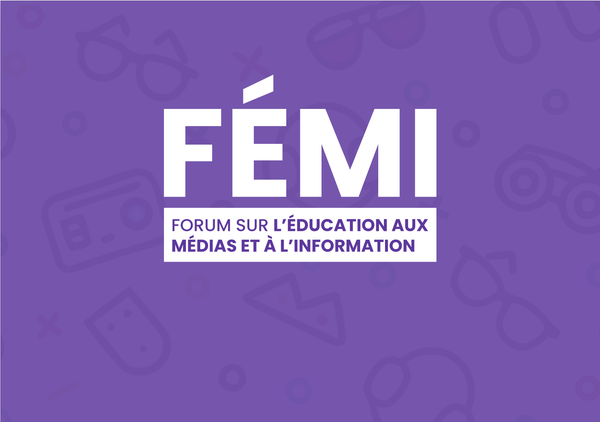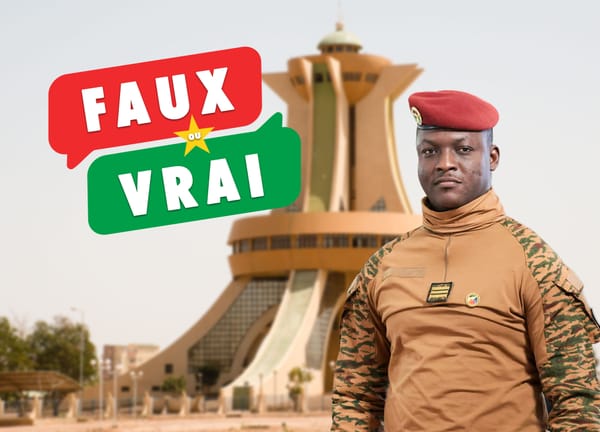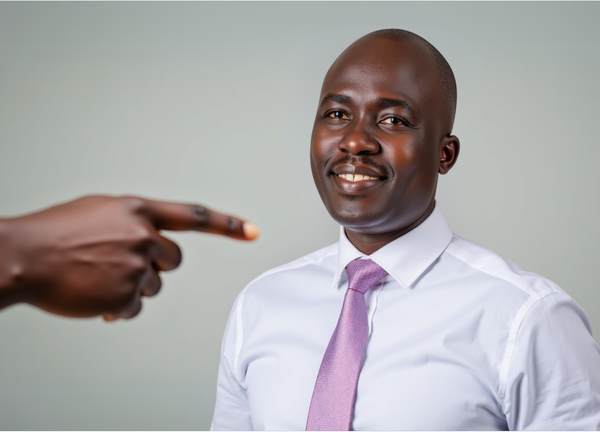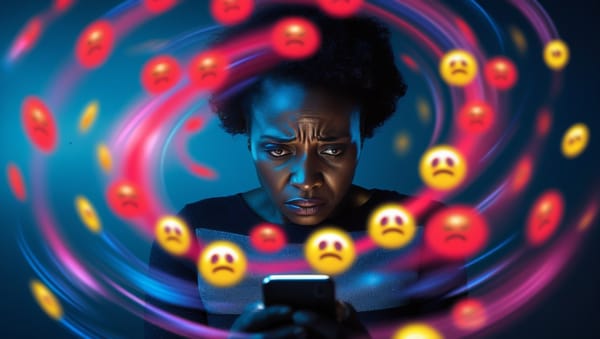In the aftermath of the May 9 commemoration, the Burkinabé president of transition went to Moscow to celebrate the 80th anniversary of the victory of the USSR against Nazism. Many false information accompanied this meeting, recalling the need for fact-checking.
It is now common currency, each diplomatic meeting is accompanied by its share of disinformation. Indeed, these moments centralize the attention of the countries involved and sometimes even from the entire international scene. These events mark the meeting of the interests of the countries concerned. Thus, states participate in influence games in order to tip the scales in their favor. On this subject, it is necessary to be careful about the information that supervises his meetings. Indeed, news fakes are sometimes scattered on social media to influence public opinion and then then political decisions. Consequently, it is urgent to use fact-checking to fight against disinformation and preserve the political and social integrity of our societies.
Although it is difficult to verify the information, the fact-cheking (verification of the facts) remains an essential tool for fairdans this second special CAN episode, live the CAN 100%, while remaining well informed! ⚽ Football is emotions, but beware of what you read. Think well before you share. In sport, as elsewhere, it's a red card with disinformation and info! 🚫 For more advice on how to identify info during the can2024, go to Fakt, the blog which fights against disinformation: https://www.fakt-afrique.org/e dam with false information. When it comes to an account on social networks, a verification of the previous posts of this account can give an idea of the credibility of the posts, and on their veracity. False images and information usually use emotions such as anger, fear or sadness. To recognize false information or a deepfake (an image generated by AI), in -depth research is necessary, as well as a crossing of the facts using reliable sources and media. When there is an absence of link, figures or evidence, information becomes suspicious. There are also safe sites for verifying facts like Dubawa in Nigeria and Africa Check , which explain their Fact-Checking methods. To check the authenticity of an image, it is possible to search for its origin by clicking on the camera tab which is in the Google search bar.
From electoral periods to various political meetings, major events such as commemorative meetings are conducive to the dissemination of false information.
Burkinabé president's trip to a Russian plane, charges of relayed attack
On May 9, the Burkinabé president met Vladimir Putin in Moscow to celebrate the 80th anniversary of the Soviet victory over Nazism. This symbolic meeting marks a strategic rapprochement between the two nations, with a particular emphasis on military and educational cooperation. This confidence established between the two leaders is an opportunity for Russia to increase its influence. For this, the Russian government is appropriate to enhance Burkina Faso on the international scene to promote its interests in the African country. Congue to use disinformation as a geopolitical tool , Russia exploits distrusts to sow disorder in Burkinabé society in order to be able to consolidate its grip in Burkina Faso. The meeting between Ibrahim Traoré and Vladimir Putin is an ideal playground for Fake News hawkers and social media accounts specializing in disinformation. Vigilance must be increased.
The challenges of this meeting between the president of Burkinabé transition and the president of Russia Ibrahim Traoré and Vladimir Putin are multiple. First of all, there is a risk that Russia use these diplomatic platforms to disseminate its own propaganda, thus strengthening internal divisions in Burkina Faso. Russia is known to use disinformation to conquer its geopolitical and economic interests in Africa. For example, several accounts on social networks as well as the press media relay the information that President Traoré made the trip aboard a Russian plane. According to "security sources" mentioned as "Russian intelligence services", false information about an attack on the plane which was to transport the Burkinabé transition president was "intercepted", and the culprits are "a European country" helped by two other countries of the European Union. However, this information is completely false and was used by Russia to discredit European countries against Burkina Faso. As a reminder, the Kremlin is not at its first try when it comes to disseminating false information . The DEEM TV media relays the same accusation on YouTube as a breakthrough, directly targeting Ukraine. Russia has a long story of using these tactics to influence public opinion and promote its geopolitical interests. Among these interests, Russia hopes to maintain the position of its private military company Africa Corps, which exploits African resources. To guarantee this, Russia does not hesitate to lie to its Burkinabé ally to keep its interests.
As essential they may be, diplomatic events continue to serve as fertile soil for the spread of false information. Vigilance thus remains the key to the development of effective strategies to counter disinformation in Burkina Faso as in AES countries,

